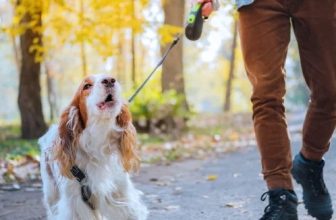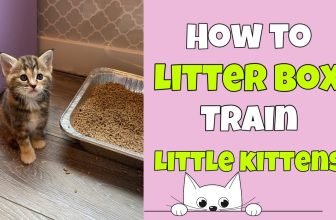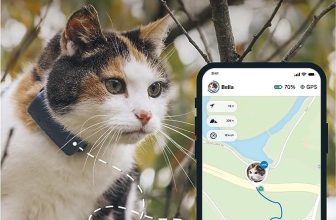How to Puppy Train Your Puppy: Expert Tips for Success
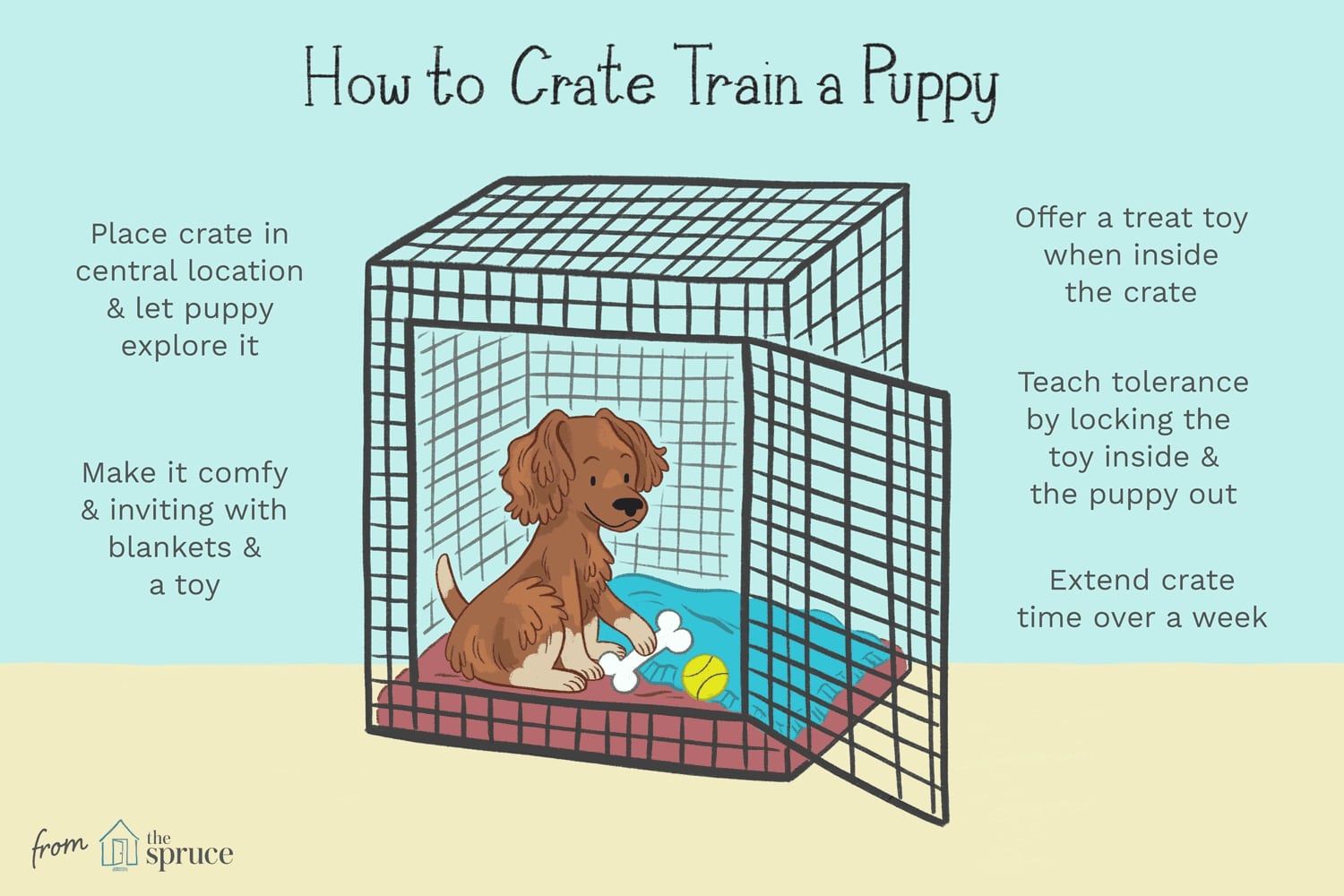
How to Puppy Train Your Puppy: Puppy training is vital for both the pet and the owner’s happiness. It fosters a close bond and encourages positive behaviour.
Puppy training can appear difficult, yet it is rewarding. A well-behaved puppy is a joy to have at home. You may teach your puppy basic commands, potty training, and socialisation skills. Starting early makes a big difference. Consistency and patience are necessary for success.
Every training session helps your puppy learn and grow. Remember: training should be fun for both of you. With the right tactics, you may create a positive experience. This post will give you some valuable methods and tactics for successfully training your dog. Prepare to spend time with your new cuddly companion
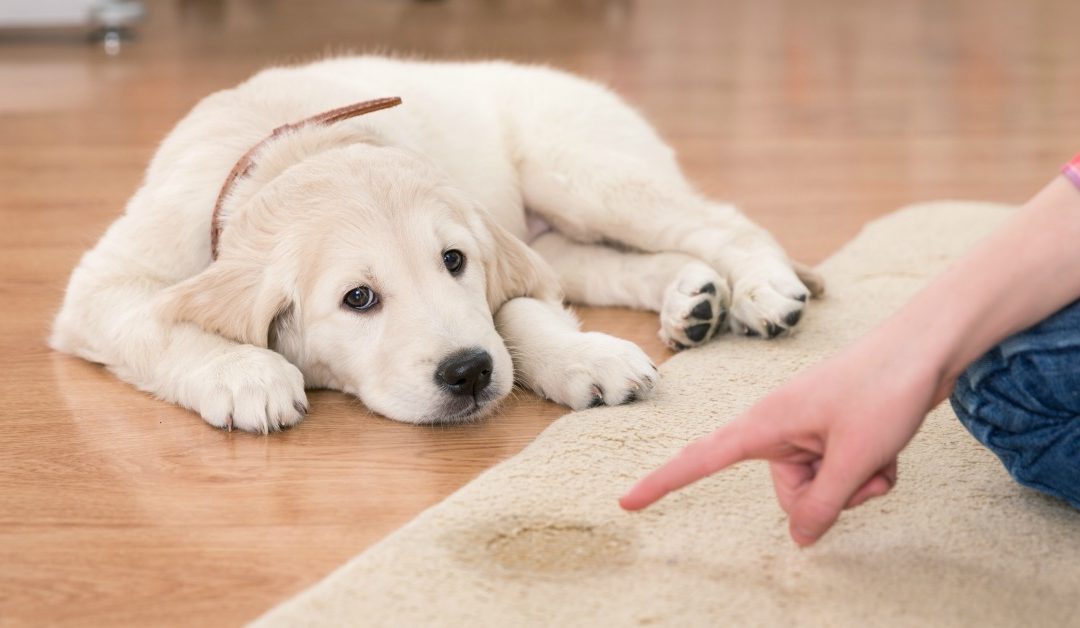
How to Puppy Train Your Puppy
!
Credit: www.akc.org
Choosing The Right Training Method
Positive reinforcement is a useful method for training puppies. It entails rewarding positive behaviour with food or praise. This helps puppies learn faster.
Clicker training is another enjoyable way. When your dog performs an action correctly, a clicker emits sound. This sound lets them know they did well. Follow the click with a goodie to reinforce the behaviour.
Take your puppy outside frequently to help him learn to housetrain. Praise them for doing their business outside. Use a precise location in the yard. This helps them know where to go.
Setting Up A Training Routine
Consistency in training is very important. Dogs learn better with regular practice. Set a specific time each day for training. Make it a fun routine for both of you.
A good training schedule helps your puppy know what to expect. Start with short sessions of about 5 to 10 minutes. Gradually increase the time as your puppy gets better. Always end on a positive note.
Creating a positive training environment is key. Use treats your puppy loves. Praise them often to keep their spirits high. A calm area with no distractions works best. This helps your puppy focus on you.
Basic Commands And Tricks
Teaching your puppy basic commands is very important. Start with sit. Hold a treat above your puppy’s nose. Move it back over their heads. When they sit, say “sit” and give the treat.
Next is stay. Ask your puppy to sit. Open your hand and say “stay.” Take a few steps back. If they stay, reward them with a treat. Repeat often.
For come, use a happy tone. Call your puppy’s name followed by “come.” When they come to you, praise them. This builds trust.
Potty training is very important too. Take your puppy outside often. Use a specific spot for them to go. Praise them when they do.
Leash training helps your puppy walk nicely. Start in a quiet area. Let them sniff around. If they pull, stop walking. Wait until they return to your side. Then continue.
Socialization And Exposure
Socialisation is very important for your puppy. It helps them feel safe. They learn to trust people and other animals. This trust makes them happy and friendly.
Expose your puppy to different places. Take them to parks, stores, and busy streets. This helps them adjust to new sights and sounds. Puppies that see many things grow up to be calm.
Meeting other animals is also vital. Let your puppy play with other dogs. They learn how to interact and share. This teaches them good behaviour. Early socialisation leads to a well-adjusted dog.
Dealing With Common Challenges
Chewing and biting are normal behaviours for puppies. They explore with their mouths. Provide chew toys to redirect this behaviour. Praise your puppy when it chews the right items.
Separation anxiety can make puppies very upset. Create a safe space for your puppy. Leave them with toys and treats. Start with short absences and slowly increase the time.
Housebreaking takes time and patience. Take your puppy outside often. Praise them when they go outside. Clean up accidents quickly to avoid confusion.
Maintaining Training Consistency
Consistency is key in puppy train. Use the same words for commands. This helps your puppy learn faster. Always reward good behaviour.
Reinforcement techniques are very helpful. Use treats, praise, or playtime as rewards. Make sure to give these rewards right after good behaviour. This shows your puppy what they did right.
To avoid training regression, practice often. Short sessions work best. Repeat training daily. This keeps your puppy engaged and eager to learn.
Mix up locations for training. New places can make learning fun. Keep your puppy focused during training sessions. Remove distractions like loud noises or other pets.
Celebrating Training Milestones
Celebrating training milestones is very important. It helps you see your puppy’s growth. Recognising progress builds your bond. Celebrate small wins. Each step matters.
Rewarding achievements encourages good behaviour. Use treats or praise when your puppy learns something new. This makes training fun. Your puppy will want to learn more.
Track your puppy’s progress. Write down achievements in a notebook. This shows how far you both have come. It also keeps you motivated.

How to Puppy Train Your Puppy
Credit: www.thesprucepets.com

How to Puppy Train Your Puppy
Credit: ferndogtraining.com
Frequently Asked Questions
How Long Does It Take To Puppy Train?
Puppy training can take several weeks to months. The duration depends on the puppy’s age, breed, and individual temperament. Consistent daily training sessions of 5 to 15 minutes are ideal. Be patient and celebrate small successes to encourage progress.
What Is The Best Age To Start Training?
The best age to start puppy training is around 8 weeks. At this age, puppies are highly receptive to learning. Early socialisation and basic commands are crucial. Starting young helps build a strong foundation for good behaviour throughout their life.
How Can I Stop My Puppy From Biting?
To prevent puppy biting, direct their attention to toys. When your puppy bites, offer him a chew toy instead. Consistently reinforce gentle play and provide positive comments. This teaches children how to engage appropriately without utilising their teeth.
Should I Use Treats for Training?
Treats are very beneficial for puppy training. Treats inspire pups and promote excellent conduct. To maintain their attention, offer little, sweet treats. As your puppy learns commands, gradually limit the number of rewards and instead focus on praise.
Conclusion
How to Puppy Train Your Puppy: Training your puppy takes time and care. Every small step matters. Celebrate their achievements, no matter how minor. Consistency is essential for excellent behaviour. Use positive reinforcement to foster trust. Remember that training creates a deep bond. Enjoy the process and have some fun together.
With love and attention, your dog will learn rapidly. Continue practicing every day. The journey is worthwhile. Soon, you’ll have a joyful, well-trained friend.


